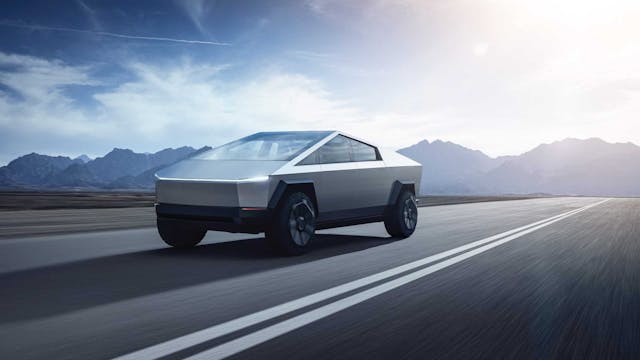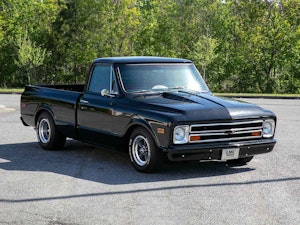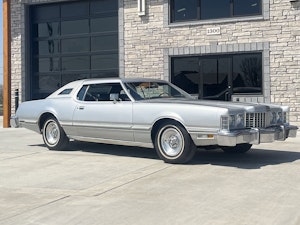Media | Articles
Tesla’s newest Gigafactory is officially bound for Texas
Elon Musk has announced in Tesla’s Q2 earnings call that Austin, Texas, has won the hotly-contested bid for the all-electric automaker’s latest Gigafactory, a move spurred by escalating tension between Musk and the Californian government. Among the vehicles rolling silently off the lines in Austin, once the facility is built and production begins, will be the Cybertruck. The plant’s location in Austin also puts Tesla within a couple hundred miles of GM’s truck factory in Arlington and Toyota’s in San Antonio.
“We are going to make it a factory that is going to be stunning,” he said. “It is right on the Colorado River. So we are actually going to have a boardwalk where there will be a hike and biking trail. It is basically going to be an ecological paradise—birds in the trees, butterflies, fish in the stream. And it will be open to the public as well, so not closed and only open to Tesla.”
Elon Musk’s trajectory is comically similar to that of Davy Crockett, the famous Texas freedom fighter who died during the Battle of the Alamo. Though his contributions to EV development are negligible, Crockett experienced similar tensions with the Whig party, and the political machinations eventually spurred him to declare, “You may go to hell, I’m going to Texas.” We have a feeling Musk would relate.
Frankly, this is the final straw. Tesla will now move its HQ and future programs to Texas/Nevada immediately. If we even retain Fremont manufacturing activity at all, it will be dependen on how Tesla is treated in the future. Tesla is the last carmaker left in CA.
— Elon Musk (@elonmusk) May 9, 2020
For Musk, Texas offers him the regulatory freedom to expand production to the level he desires. The tension between Tesla and California came to a head in recent months as the two battled it out regarding operations during COVID-19—the proverbial final straw for Musk. Though California provided the financial and regulatory environment (through tax breaks and blocking dealer-backed laws banning direct sales, for example) that allowed Tesla to grow into the most innovative electric car company to date, the state’s COVID-19 legislation has become increasingly at odds with Elon’s goals, not only for EV manufacturing but also for his other, combustion-based projects.
Marketplace
Buy and sell classics with confidence
The relationship between California and Musk has only dissolved further as he watched other OEMs—both in the U.S. and elsewhere—resume vehicle production during the pandemic while the State of California mandated that Tesla close its facilities, notably, its Fremont plant, which sits just an hour away from California’s legislature.










